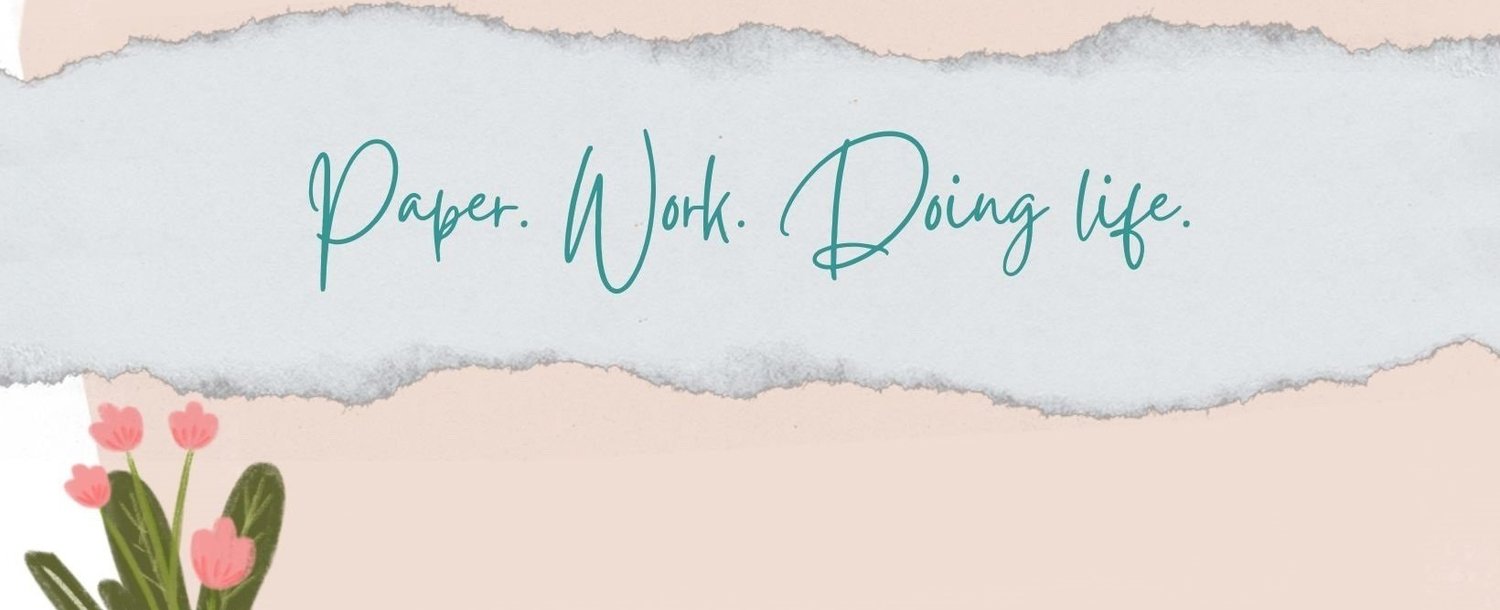A Season of Perfect Happiness - Maribeth Fischer
Genre: Contemporary Fiction
Would you? Could you? Choose a season of perfect happiness if you knew it was going to end and that you wouldn’t remember? This question is the premise of Maribeth Fischer’s upcoming A Season of Perfect Happiness. She explores answers beautifully through the life of Claire. Claire is clearly reeling from her former life in Rehoboth Beach as the book opens in Wisconsin. We learn of her sorrow - the loss of a child and then a marriage. Her move to Wisconsin is one of survival. At first she doesn’t even dream of a new life. As she finds one first with Erik and then with his friends, she lives it in a constant kind of fear waiting for her past to catch up with her. The reader is equally unsettled in the way that the content is structured - we feel suspense and fear, joy and sorrow right beside Claire.
Those feelings are what largely makes the novel such a success for me.I would not necessarily describe this as a book of suspense, and yet, I was on edge the entire time I was reading. What had Claire done? What will happen? Why on earth were so many secrets kept? Structurally, the novel is divided into parts and introduced with parts of a play that is part of the story. With Claire we come to know Erik, his children, his ex wife Annabelle, Eva, and Gabe. Together they create a season of happiness - one of best friends, but secrets abound. Through this template and flashbacks and glimpses forward, Fischer explores several things: the power of art - through Claire’s collages and the theater, friendship, a neurodivergent child and the power of family. She explores mental illness (I’d be more specific, but spoilers would definitely lessen the impact of the novel.)
And ultimately, very skillfully and compassionately, Fischer explores a woman finding her voice. For me this through line was the strength of the novel. Claire’s growth is powerful. I think as I am reading that she is stronger than I could ever be, and then, she grows stronger. Her development challenges me to accept no less than the best in terms of my own willingness to accept some of what life brings. I feel like in some ways life consists of seasons of happiness interspersed with times of anger and sorrow where we forget happiness for a while. So even while the circumstances of Maribeth Fischer’s A Season of Perfect Happiness may seem extreme to some - all can relate to its rhythm - an excellent and thought provoking read. Thank you to NetGalley and Dutton, and imprint of Penguin Randomhouse for the ARC in exchange for an honest review





